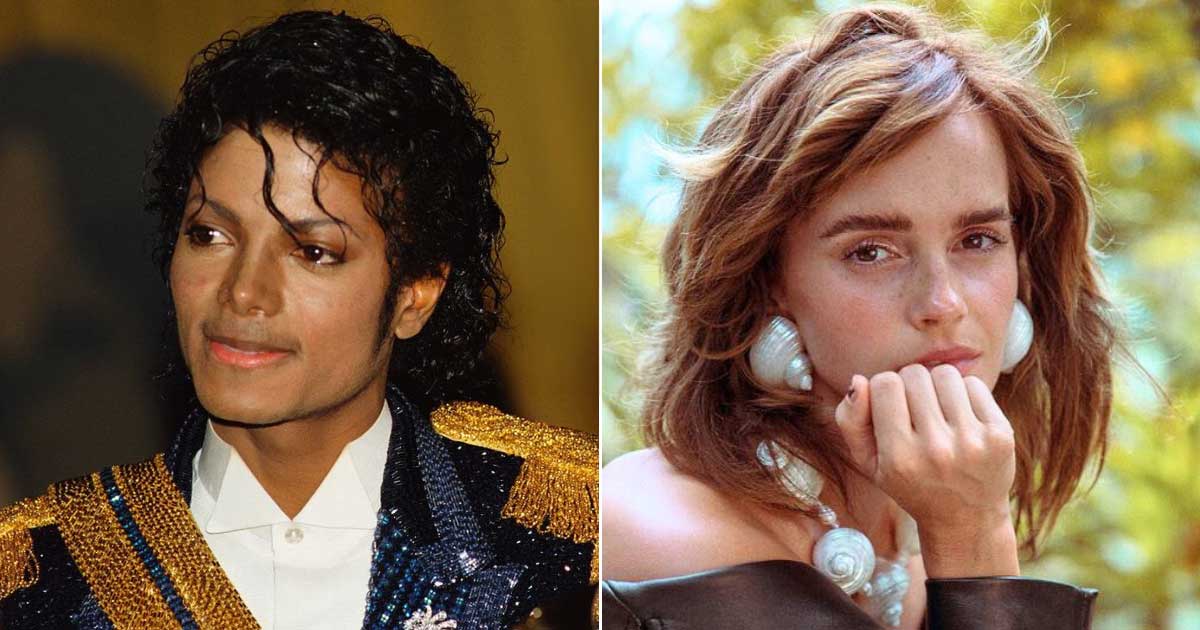Some industry professionals agree that political polling is broken, and needs to be given a reality check. In this month’s U.S. presidential election, for example, pollsters underestimated the pro-Donald Trump vote — as they did in both 2016 and 2020.
The forthcoming book describes widespread unease and deep anger within former Tory Leader Rishi Sunak’s inner circle at the way polling dominated the national debate before the U.K. election.
Getting it wrong
For one thing, the polls got the headline vote-share result significantly wrong, an error masked by the fact that the overall result — a Labour victory — was clear. Instead of a 20-point lead for Labour over the Tories, as the polls had consistently suggested, the election delivered a winning margin of half that size, with Labour securing 34 percent of the vote to the Tories’ 24 percent.
Levido, the Australian strategist who ran the Conservatives’ campaign this year and Boris Johnson’s successful run in 2019, said it was time for reform.
“I’m not arguing that we would not have lost,” Levido said in an interview published in the book. “But the inaccuracy of the polls and the reporting of them by the media increasingly play an outsized role in election campaigns. The polls are frankly given far too much attention relative to a proper policy debate, and it significantly influences how voters behave.
“I’m not sure it’s realistic to ban polls for the whole campaign period, but I certainly think some sort of blackout in the final couple of weeks, as some other countries have, would be healthy. Other countries have blackouts on TV advertising in the final two or three days of the campaign, too.”






)
